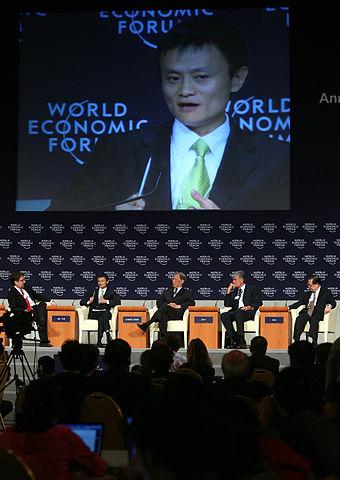
In the wake of the meeting between US President-elect Donald Trump and Alibaba Executive Chairman Jack Ma, an Alibaba spokesman announced the company’s plan to incorporate and additional one million small US businesses onto its e-commerce platform.
The Chinese-based internet company, Alibaba Group Holding Ltd, predicts that the plan, to be implemented over the next five years, will create about one million new US jobs as each business adds at least one employee. This is not the first-time Alibaba has suggested to bring more small US businesses into their enormous marketplace, but it is the first time specific target numbers have been suggested.
The meeting between the leaders took place at Trump Tower in New York, where the president-elect lives. Trump said the meeting was “great” and added that they would do “great things” together. Ma said Trump was “smart” and “open-minded.”
Ma said the focus of the meeting was to discuss the best ways to support small businesses, especially in Midwest America. The idea would be to introduce the products from farmers and small clothing-manufacturers to the vast Chinese market directly through Alibaba.
Alibaba has been aggressively pursuing foreign brands to set up Tsmall stores, their online platform which offers virtual store fronts and payment portals to merchants. His goal is to simplify the sales, payment and shipping process for the vast and growing Chinese shopper which Ma is relentlessly attracting to his e-commerce website.
Right now, there are about 7,000 US brands sitting on Alibaba’s Tmall, including US giants such as wholesaler Costco Wholesale Corp and clothing manufacturer Levi’s. Last year these companies made $15 billion in sales to Chinese consumers, although some foreign retailers say they have had a mixed success on Tmall.
Last month the US Trade Representative put Alibaba back on to an infamous list of blacklisted online retailers due to suspicions that the company does not do enough to end counterfeiting on their site.